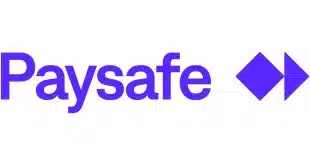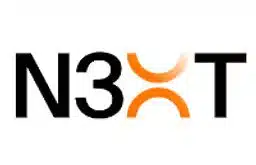As were all payments networks, Mastercard Inc. was hammered by the novel coronavirus pandemic, but its leaders Wednesday morning pointed to a tentative recovery. “Overall, we see signs of improvement, but we’re not out of the woods yet,” noted Ajay Banga, Mastercard’s outgoing chief executive, during a conference call with equity analysts to discuss the company’s third-quarter results. “The improvement will not be linear.”
Measures going into effect since the end of the third quarter to fight a resurgence of the virus could threaten that progress, officials on the call warned.
Banga pointed out that volumes improved throughout the quarter outside of the travel-and-entertainment sector, where airlines, hotels, and restaurants have suffered from government restrictions and consumer fears of infection. Excluding T&E, however, “we [saw] volume growth rates in September similar to what we saw in the third quarter of 2019,” said chief financial officer Sachin Mehra, though he added that “additional mitigation efforts” that governments are putting in place in response to a resurgence of the virus, particularly in Europe, are hurting volumes.

For the three months ending Sept. 30, the U.S. market fared somewhat better than the rest of the world, posting $513 billion in gross dollar volume for Mastercard, up 4% year-over-year. This modest growth, however, was fueled entirely by debit and prepaid cards, which notched a 20% increase to $299 billion. Credit card volume sank 12% to $214 billion. Globally, payment volume dropped slightly to $1.65 trillion despite a worldwide 9.6% surge in prepaid and debit volume to $911 billion.
Executives blamed the plunge in T&E for credit’s weak performance. “As we see travel come back, we can expect to see credit volume come back in meaningful volumes,” noted chief product officer Michael Miebach, who is taking over as CEO on Jan. 1 as Banga becomes executive chairman.
On other matters, Banga and Miebach pointed to increasing levels of tokenization as the world’s payment networks continue to push the technology. Some 8% of Mastercard transactions are now tokenized after doubling over the past year, they reported. Tokenization replaces actual card credentials with data strings that are meaningless to fraudsters. “We are going to push that,” said Banga. The technology is also a key part of the Secure Remote Commerce process the card networks are implementing to protect e-commerce transactions.
On the merger and acquisitions front, Miebach said he is confident Mastercard’s acquisition of Finicity Corp. will close before year’s end. The $825-million deal, announced in June, will bring a key provider of links to financial institutions for data that supports a wide range of consumer apps. It also allows Mastercard to rival Visa in this market following Visa’s $5.3-billion offer for data aggregator Plaid Inc.
Miebach added he has “a high level of confidence” that a $3.2-billion deal to acquire parts of Denmark-based processor Nets Group, announced in August 2019, will close in the first quarter of 2021. That acquisition is expected to support Mastercard’s efforts in real-time processing.
For the quarter, Mastercard posted $3.84 billion in net revenue, down 14% year-over-year. Adjusted net income totaled $1.61 billion, down 27%.
As Miebach noted the earnings call was Banga’s last as chief executive, Banga added it was his 44th since taking over as Mastercard’s CEO in July 2010. “I hope Michael will have a similar run,” he said by way of farewell.







